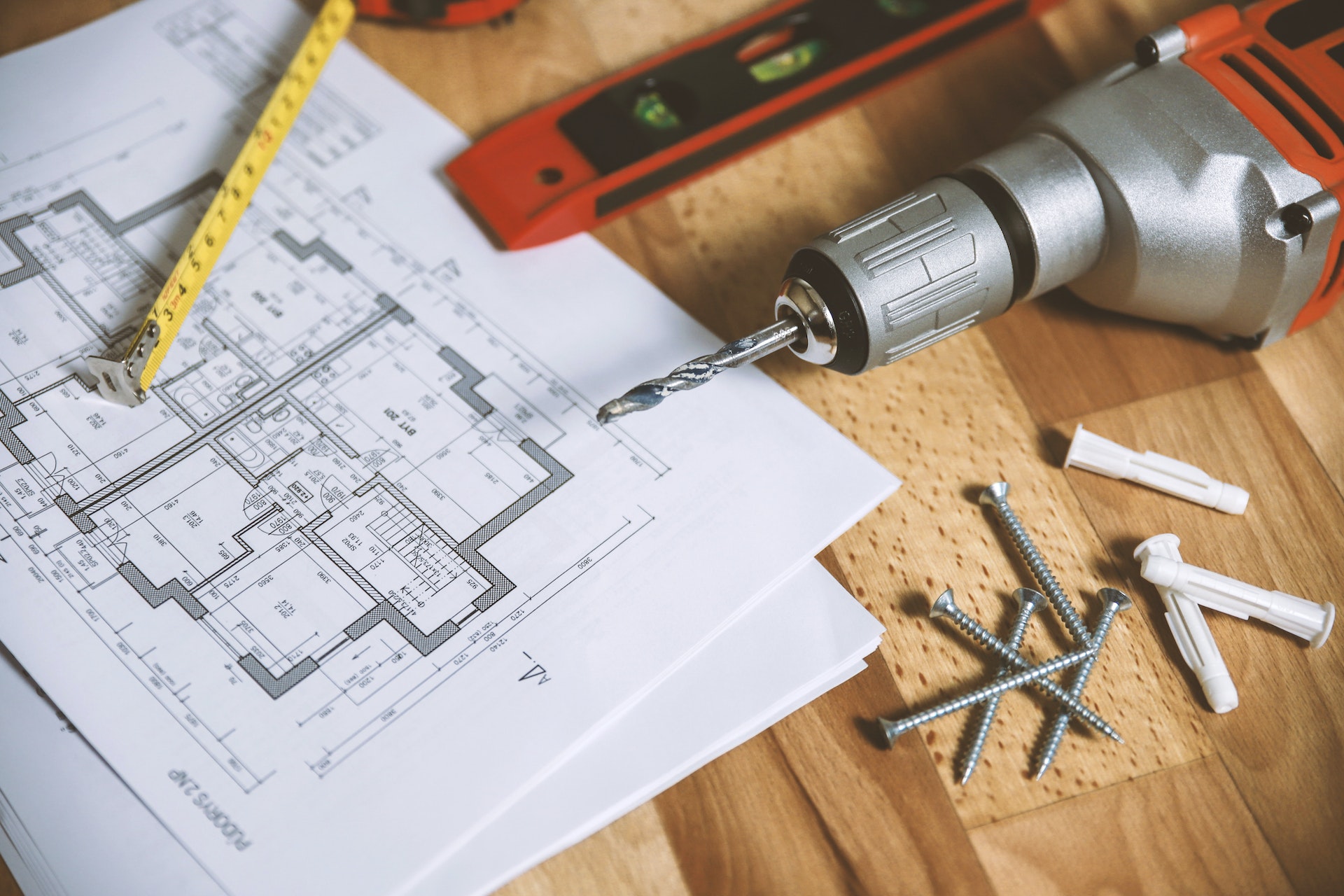If you want to be successful in any venture, you must be able to measure your progress accurately. The more precise your measurements, the more accurate your data, and the more effectively you can make decisions. But in order to make the most of your data, it’s important to have the right measurement habits, such as scale calibration, in place.
.
Without precise measurements, you risk wasting time and resources on strategies that won’t get you the desired results. In this post, we’ll look at five ways to improve your measurement habits and gain more power over your work.
The Need for Accurate Measurements Explained
The need for accurate measurements is obvious. Without precision, you can’t be sure that the results will be as expected. If you’re baking a cake, you need to measure the ingredients precisely to get the desired result. If you’re building a house, you need to measure the dimensions of the walls and other components accurately to ensure that everything fits together properly. The benefits of improved measurement habits are clear: you’ll get better results and avoid costly mistakes.
Five Tips to Improve Measurement Habits
Are you looking to increase your efficiency and gain more control over your work? If so, it’s time to improve your measurement habits. Good measurement habits are essential for any successful project, as they help you track your progress, spot problems early, and make better decisions. With these five strategies, you’ll be able to make informed decisions, maximize results, and stay competitive in today’s business landscape.
Tip 1: Regularly check and calibrate your scales
As a business owner, it’s important to have reliable and accurate measuring tools. Scales, in particular, are some of the most important measuring tools, and it’s essential to make sure they are functioning properly. Like any other tool, scales need to be regularly checked and calibrated to ensure they give you the correct measurements. Failing to do so can lead to inaccurate measurements, which can be costly in the long run.
It’s important to note that not all scales are the same. Different scales are made for different purposes, so it’s important to make sure you are using the right scale for the job. For example, if you need to measure small objects, you should use a scale designed for precision measurements.
Tip 2: Make sure your measuring tools are precise
Different measuring tools have different levels of accuracy, and using the wrong tool can lead to inaccurate measurements. Understanding the limitations of the measuring tools you’re using is essential. Make sure you’re familiar with the tool’s capabilities and the accuracy of its measurements. This will ensure that you’re getting the most precise measurements possible.
Tip 3: Use the right measuring tools for the job
Getting the most accurate measurements doesn’t just depend on the measuring tool you use; it’s also important to choose the right tool for the job. Different measuring tools are designed for different tasks, so it’s important to know which one to use.
Measurement habits are essential for shipping, warehousing, project management, furniture assembly, and final installation. That’s why BCI Worldwide is investing in them.
Tip 4: Check your measurements regularly
Measuring something once is not enough. Measurements can change over time, making it necessary to take them again and make sure they are still accurate. In addition, it is important to take multiple measurements, as it is easy to make mistakes when taking a single measurement.
When it comes to measuring, accuracy is key. Taking the time to measure accurately can save you time and money in the long run. It can also save lives when it comes to certain projects, such as construction.
Tip 5: Use the right units of measurement
When it comes to measuring, it is important to use the right unit of measurement for the job. Different projects require different units of measurement, and failing to use the right units can lead to inaccurate results.
For example, when it comes to wine tasting, it is important to use milliliters to measure the amount of wine in the glass. This is because milliliters are the most precise unit of measurement when it comes to measuring liquids.
By following these five tips, you can improve your measurement habits and get the most out of your projects. Precision is power, and with improved measurement habits, you can be sure that your results will be as expected.




